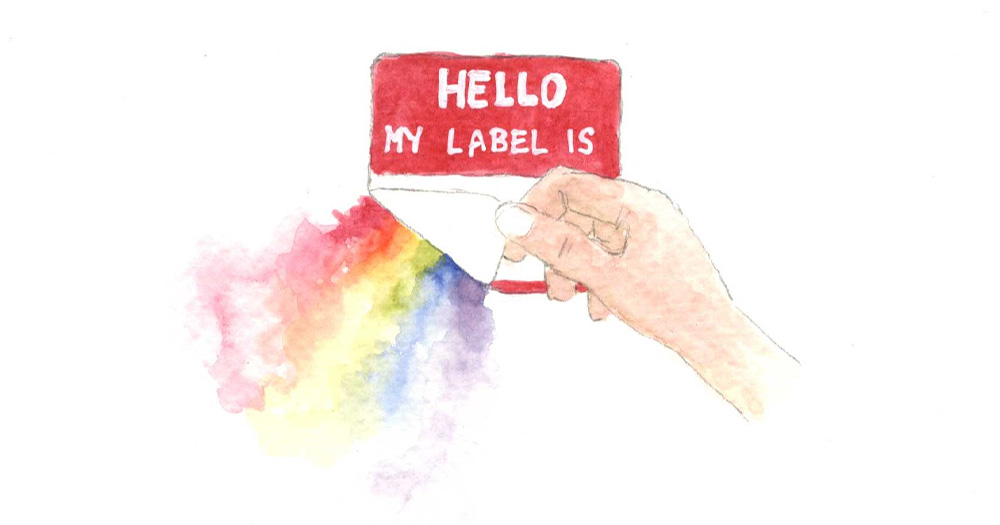GCNnewvoices in partnership with BeLonG To platforms the opinions and thoughts of LGBTQ+ young writers from across the country, speaking about issues that matter to them. Jodi Flynn speaks about how coming out is hard.
Coming out is hard.
That’s something us, as a community, can all agree on. It’s a universal experience that each member of the LGBTQ+ community has had to at least think about, and that in itself is extremely daunting.
When the process of coming out is discussed, people tend to talk only about the action itself, glossing over the thought processes and experiences that occur both before and after.
My own journey has been a somewhat bumpy road. I originally came out as lesbian when I was 15, and though I no longer use this label, I’ve found the time I spent with this identification opened my eyes to how hard it is for people to move past stereotypes and feel 100% comfortable with who they are.
I was told that there was no way I was “fully gay” and asked was I sure it wasn’t just simply a case of admiration or envy. I was simply too feminine in the eyes of both strangers and my closest of kin to ever be anything other than straight – which was extremely hard for me to move past. Stereotypes like this play on your mind in a way nothing else does. I found myself beginning to wear more masculine clothing, changing my hair and even going so far as to altering my manner of speaking to appear as society expected me to appear. There is nothing I regret more.
The problem with these stereotypes is that they force us into minuscule boxes of outdated ideas and expect us to accept them and, without question, act like the others who share this box with us. Differences should be encouraged, there is no right or wrong way to be who you are.

Sexuality and gender are fluid and labels are optional. Though it may feel like you need one to be deemed acceptable, you don’t. Labels cannot be forced onto you, you identify with whatever you identify with and that’s okay, you don’t have to stick to one even if it seems like you have to.
Expectations tend to be set by friends, family and even strangers that can cloud our minds into thinking that we must stick with the first label or set of pronouns that we ever came out with, or that you have to have certain features or behaviour patterns to be what you’re telling them you are. This is, quite simply, untrue.
When I made the decision to stop labelling my sexuality, I was immediately faced with people telling me what they thought I should identify as, or even flat out refusing to see me as anything other than lesbian. It was hard for me at first, but I’m so glad I took the step of coming out again, as I feel much more comfortable and safe now than I ever have, and that is the real importance of coming out.
So, for anyone reading this who’s struggling with their gender or sexuality, take your time and remember that you’re absolutely allowed to come out as many times as you want, in whatever way you please.
You’re so valid.
© 2021 GCN (Gay Community News). All rights reserved.
Support GCN
GCN is a free, vital resource for Ireland’s LGBTQ+ community since 1988.
GCN is a trading name of National LGBT Federation CLG, a registered charity - Charity Number: 20034580.
GCN relies on the generous support of the community and allies to sustain the crucial work that we do. Producing GCN is costly, and, in an industry which has been hugely impacted by rising costs, we need your support to help sustain and grow this vital resource.
Supporting GCN for as little as €1.99 per month will help us continue our work as Ireland’s free, independent LGBTQ+ media.

comments. Please sign in to comment.